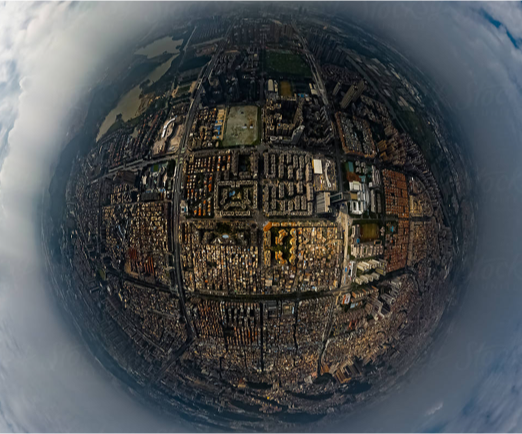The Council of Europe is the continent’s oldest political organisation. It is distinct from the 27 members of the European Union, but no country has ever joined the European Union without belonging to the Council of Europe.
The Parliamentary Assembly in the Council of Europe (PACE) groups together 363 National Parliamentarians from 47 Member States and is divided into six political groups, including the group of the European People’s Party. Created in 1964, it now has more than 200 members and is the largest political group. Aleksander Pociej chairman of the EPP/CD Group in the Council of Europe PA. The Group is committed to defending, consolidating and establishing freedom, democracy, human rights, peace, prosperity, solidarity and social cohesion throughout Europe and the world.
All parliamentarians belonging to a national member party which is member of the EPP are obliged to seat in the EPP Group in the Council of Europe but the group is also joined by members of parties that do not belong to the EPP, including deputies of the Patriotic Union and the Progressive Citizens’ Party both of Liechtenstein.p-cd.eu
EPP in the OSCE

The EPP Group in the OSCE Parliamentary Assembly is composed of EPP and likeminded parliamentarians from 38 Member States. The current President of the OSCE-PA, Pia Kauma (Kokoomus, Finland) represents our political family. The President of the EPP and likeminded Group in the OSCEPA is Gudrun Kugler (ÖVP, Austria).
The EPP Group doesn’t include only parliamentarians of EPP member parties but also those belonging to the Patriotic Union of Liechtenstein, the Conservative Party of the United Kingdom, the Conservative Party of Canada and the Republican Party of the United States. The OSCE is particularly active in promoting the resolution of conflicts, consolidating democracies and monitoring the elections. Parliamentarians from the EPP’s political group have partecipated in election monitoring missions in Serbia, North Macedonia, Armenia, Russia, Turkey, Kazakhstan, Kyrgyzstan and Tunisia.
EPP in NATO

Created in 1955 this unique institution bringstogether parliamentarians from 28 member states and associates to discuss on security and defence issues bringing together elected members of national parliaments, civil society and military branch of the NATO.
The aim is to bring peace and stability among the members promoting democratic values, rule of law and freedom and to analyse, understand and avoid conflicts around the world.
In the NATO Parliamentary Assembly the EPP is also present with one of the largest political groups of the organisation. The EPP and associated Group in the NATO-PA is chaired by Joëlle Garriaud-Maylam (LR-FR) and is particularly active during the two yearly meetings when parliamentarians meet to monitor the activities of the NATO.

International
Relations
The EPP has developed its international profile in the global arena. In view of the European Union’s expanding relations with many countries around the world, the EPP is actively assisting in the promotion of these relations on a political level, whilst influencing Europe’s foreign policy priorities. In the United States, the EPP continues to strengthen its relationship with the International Republican Institute (IRI).
The EPP is both, a member and the European branch of the two centre-right international party organisations: the Centrist Democrat International (CDI) and the International Democratic Union (IDU).
Read moreManifesto 2024
The EPP Manifesto outlines the basic principles of the Party summary.
The EPP Manifesto outlines the basic principles of the Party summarising who we are, what our values are, what challenges are we facing and what vision we have for the future. The Manifesto was developed in parallel to the EPP Platform document within the EPP Working Group 1 for “European Policy”.
Download:
Platform
The EPP Platform is the core programme of our party outlining our main values, explaining the challenges our society is facing and presenting our vision for the future of European Union.
The EPP Platform is the core programme of our party outlining our main values, explaining the challenges our society is facing and presenting our vision for the future of European Union.
The Party Platform was developed in EPP Working Group 1 for “European Policy” chaired by EPP President Wilfried MARTENS ?and EPP Vice President Peter HINTZE. The Working Group consists of delegates of EPP member parties who prepared and worked?on this document for more than two years and received input?from the drafting committee as well as senior and young experts. The document was adopted at the 2012 EPP Congress in Bucharest, thus replacing the Basic Programme of Athens from 1992.

